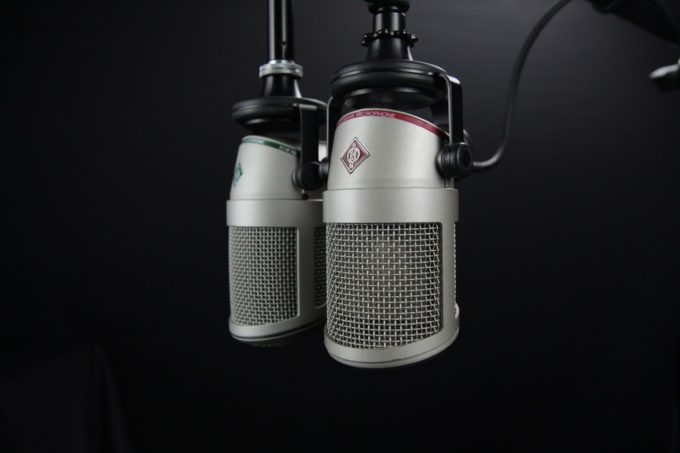
Prometheus Radio Project v. FCC: Third Circuit Denies Petition to Stay FCC’s Deregulation of Local Broadcast Ownership Rules
By Nati Hyojin Kim – Edited by William McClure
Order Denying Emergency Petition, Prometheus Radio Project et al. v. Federal Communications Commission, No. 18-1167 (3rd Cir. Feb. 7, 2018), hosted by FCC.gov.
Last week, the Third Circuit issued an order denying an emergency petition to stay the FCC’s decision in November to deregulate local broadcast ownership rules, finding that the petitioner activist groups had not “satisfied the exacting standard for obtaining such relief.” The court’s denial of the petition effectively allows the FCC’s decision to eliminate the ban on cross-ownership and loosen local ownership restrictions to go forward without delay.
The FCC’s vote in November had lifted both newspaper-broadcast and television-radio cross-ownership bans. It also eliminated the Eight-Voices Test, which required that “at least eight independently owned television stations must remain in the market” after any merger “combining ownership of two stations in a market,” and modified the Top-Four Prohibition to allow a case-by-case review when two of the top four stations in a market want to merge. The vote also removed restrictions on television joint sales agreements, which had mandated attribution of ownership for stations that are parties to joint sales agreements. FCC Chairman Ajit Pai himself has been far from shy in dismissing the nixed regulations – some decades old – as outdated regulations that did not accurately reflect the modern media landscape and were long overdue for an update.
Prometheus Radio Project and Media Mobilizing Project filed a petition in January, arguing that the FCC’s decision to relax ownership rules without sufficient justification was arbitrary and capricious under the Administrative Procedure Act, 5 U.S. § 706. The petitioners argued that the FCC’s decision to deregulate was made without vetting the impact on broadcast ownership by minorities and women as this court previously required, and that the Commission’s proposed incubator program did not sufficiently address ownership diversity. In last week’s Prometheus order, the Third Circuit noted that “the exact design of the FCC’s new incubator program is subject to public comment,” and ordered a six-month stay of petitions for review of the incubator program. The court further directed the FCC to file a report on the status of the incubator program by August 6, 2018.
The court’s decision was met with varied responses. The National Association of Broadcasters, a lobbying organization for broadcasters, welcomed the court’s rejection of the petition as a “meaningful reform of outdated ownership rules.” Adonis Hoffman, the chairman of Business in the Public Interest, described the court’s decision as a “green light to M&A in the broadcast sector” that Wall Street is happy about. Free State Foundation president and former FCC official
Randolph May further hinted that the FCC’s legacy regulatory controls over media ownership cast doubt on the credibility of continued FCC control over broadcasters, when the agency ignores the changes in the current media landscape brought by the internet and the new behemoths like Google, Facebook, and Netflix.
Critics of deregulation, however, have long advocated that the threatened regulations are necessary safeguards for localism and diversity. Free PressPresident and CEO Craig Aaron contended that “decades of runaway media consolidation have significantly harmed local news and independent voices,” and suggested that rolling back regulations could lead to a smaller group of media conglomerates quashing viewpoint diversity. Former FCC Chairman Tom Wheeler similarly argued that the ownership regulations ensured protection of broadcast localism. He further warned that removing the rules would enable mega-mergers like the Sinclair-Tribune deal, which would give Sinclair access to almost three-quarters of American households. Democrats and advocacy groups like Free Press have suspected inappropriate ties between Pai and Sinclair as motivating the FCC’s deregulation efforts. Pai is currently under investigation by the Commission’s independent watchdog regarding whether the new rules were timed to benefit Sinclair.
Nati Hyojin Kim is a 2L student at Harvard Law School.